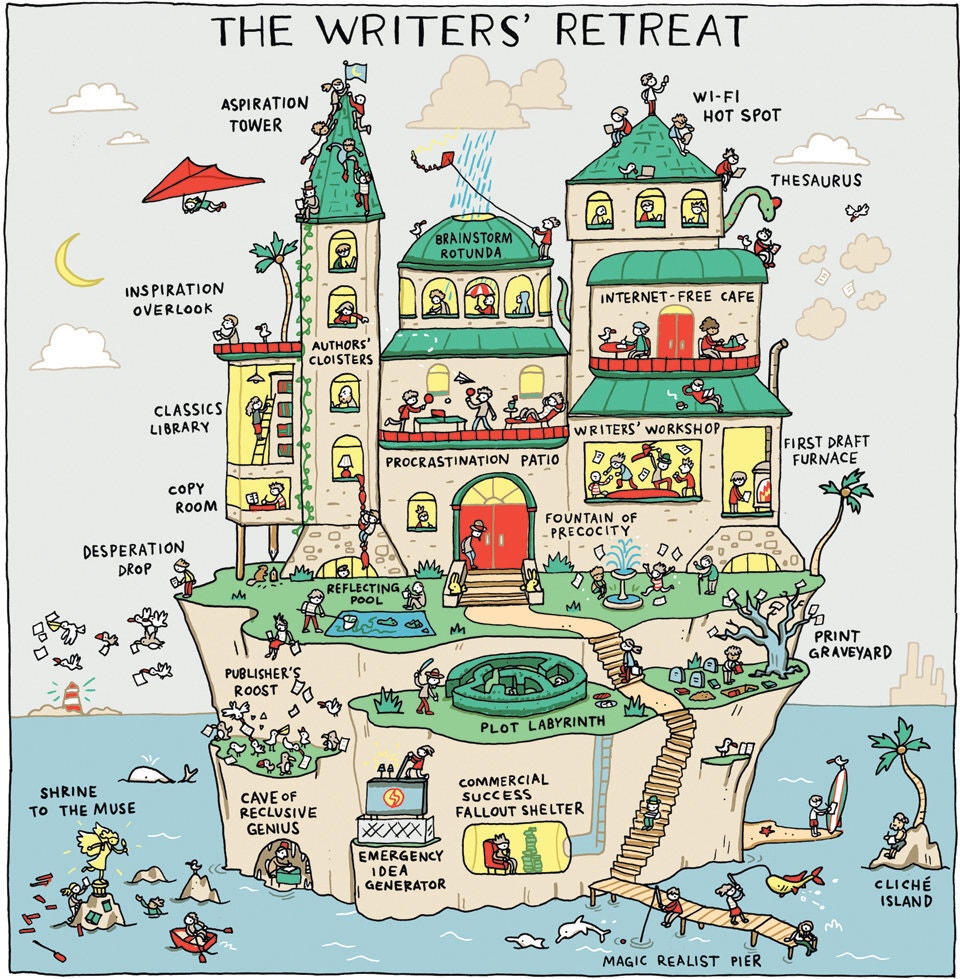The following posting appeared as a column in our community’s local daily. It’s a reflection on a fantastic annual local literary festival( Newburyport Literary Festival )which had to move online because of the pandemic
___________________________________
One of my favorite times of the year is the Newburyport Literary Festival, and the most recent one that concluded a few weeks ago had a session that struck me as a metaphor for life in Newburyport, the challenges of work, school and the community brought on by the pandemic for over a year; and how the pandemic will continue to shape our world moving forward. First, a bit of background. The Literary Festival put Newburyport on the map for me 10 years ago. Prior to that, I had been Portsmouth, NH centric, with occasional drop-ins to Newburyport. The energy of the festival, the venues used for author presentations, and the nooks and crannies of the community for discussion, coffee and reflection created a sense of place that I hadn’t experienced in other communities. After several years of attending the Literary and Documentary Film Festivals, my wife and I found that spirit of community too strong to resist and we moved to Newburyport.
That bond of community hasn’t disappointed, but the pandemic has thrown in a heavy dose of disruption that has seen businesses and schools needing to make huge adjustments to create hybrid worlds for continuing on safely with our lives. That has been viewed as a disadvantage by many as the suddenness of having to shift to hybrid, remote, Zoom based relationships has created an exhaustion and feeling of isolation for many. One teacher recently shared with me her exhaustion on a Saturday morning. She said that hers wasn’t an end of the week exhaustion; rather, it was an exhaustion of the soul. …
A Sense of PlaceRead More »


